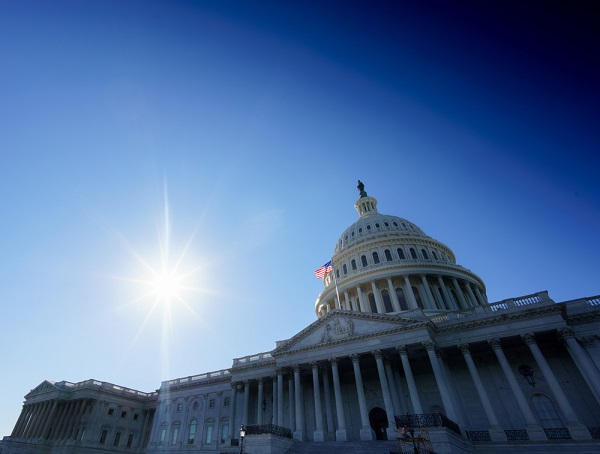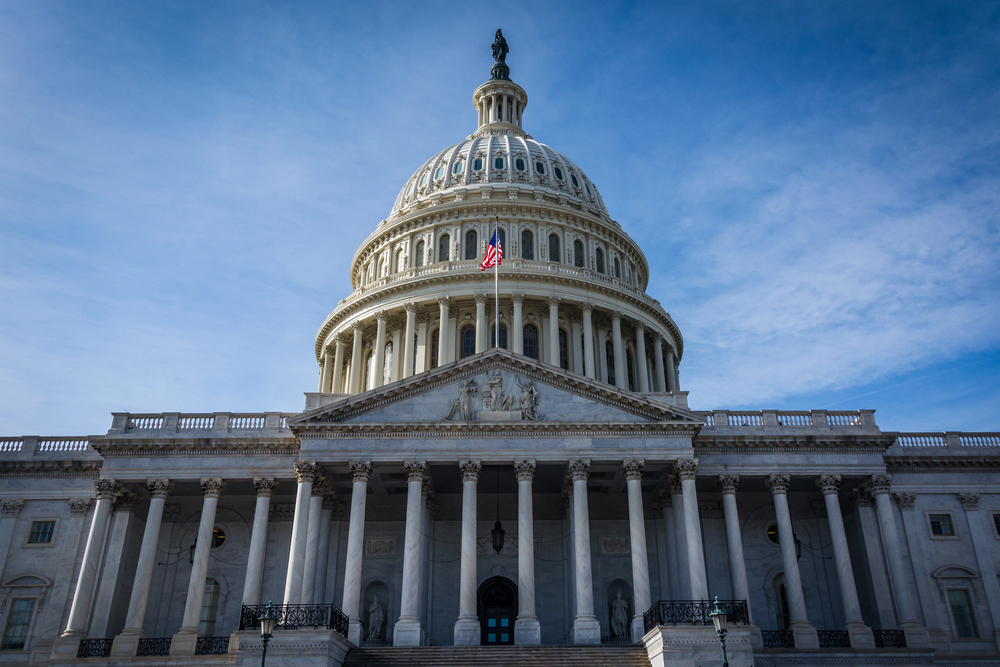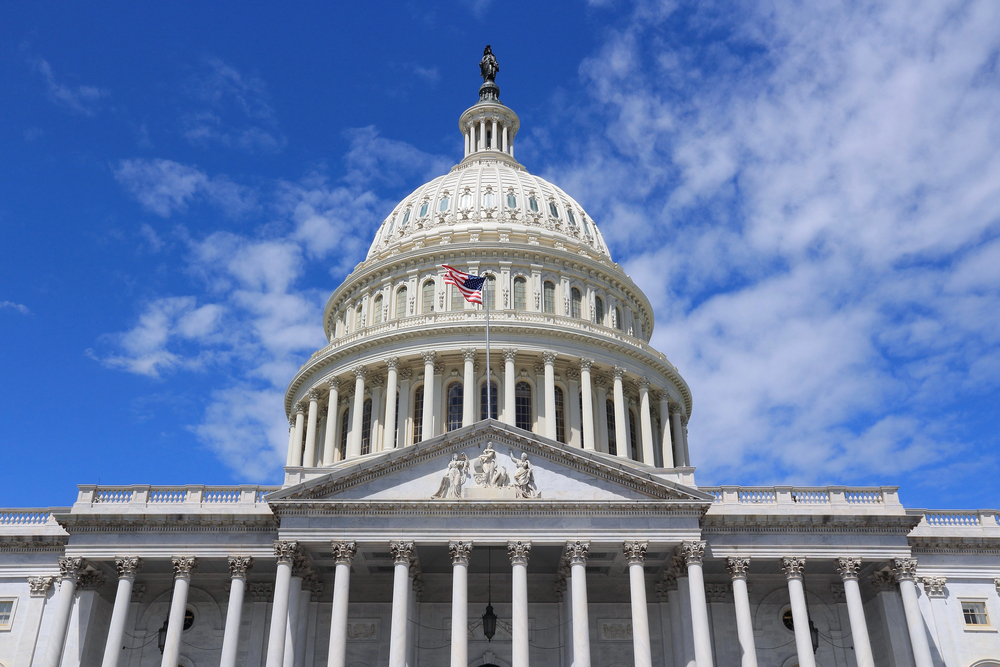Troubling Bill to Expand RRG Coverage Introduced in House

By: Joseph Cortina
Last week, concerning legislation to expand the types of commercial insurance risk retention groups (RRGs) can offer to nonprofit organizations was introduced in the U.S. House of Representatives by Rep. Al Green (D-Texas).
In addition to Rep. Green, two senior members of the House Financial Services Committee cosponsored the bill: Rep. Gregory Meeks (D-New York) and Rep. William Lacy Clay (D-Missouri). Four other members of the House Democrat caucus also signed on to H.R. 4523: Rep. Al Lawson (D-Florida), Rep. Jimmy Panetta (D-California), Rep. Sheila Jackson Lee (D-Texas), and Rep. Jesus Garcia (D-Illinois).
Similar legislation was introduced during the last Congress but did not garner widespread support due to concerns regarding the bill’s potential to erode consumer protections and undermine the state-based insurance regulatory system, including the preemption of state solvency laws.
Currently, RRGs are only permitted to offer commercial liability coverage to their customers. In 1986, Congress enacted the Liability Risk Retention Act (LRRA) to address the significant liability insurance crisis that plagued the U.S. economy during the early- to mid-1980s. The LRRA broadly preempts state insurance law and subjects RRGs to substantially less regulatory oversight than applied to traditional commercial insurers and their agent distribution force.
Nonprofits must have access to insurance coverage options, but there is currently no evidence of a market crisis. Needlessly expanding RRGs would only serve to put consumers at risk and undermine the state-based system of insurance.
Last Congress, H.R. 4523 was opposed by the Big “I,” the National Association of Insurance Commissioners and the National Association of Mutual Insurance Companies, among others.
The Big “I” will continue to work with Congress to defend the state-based system of insurance regulation and to shed light on harmful proposals such as H.R. 4523.
Joseph Cortina is Big “I” director, federal government affairs.










